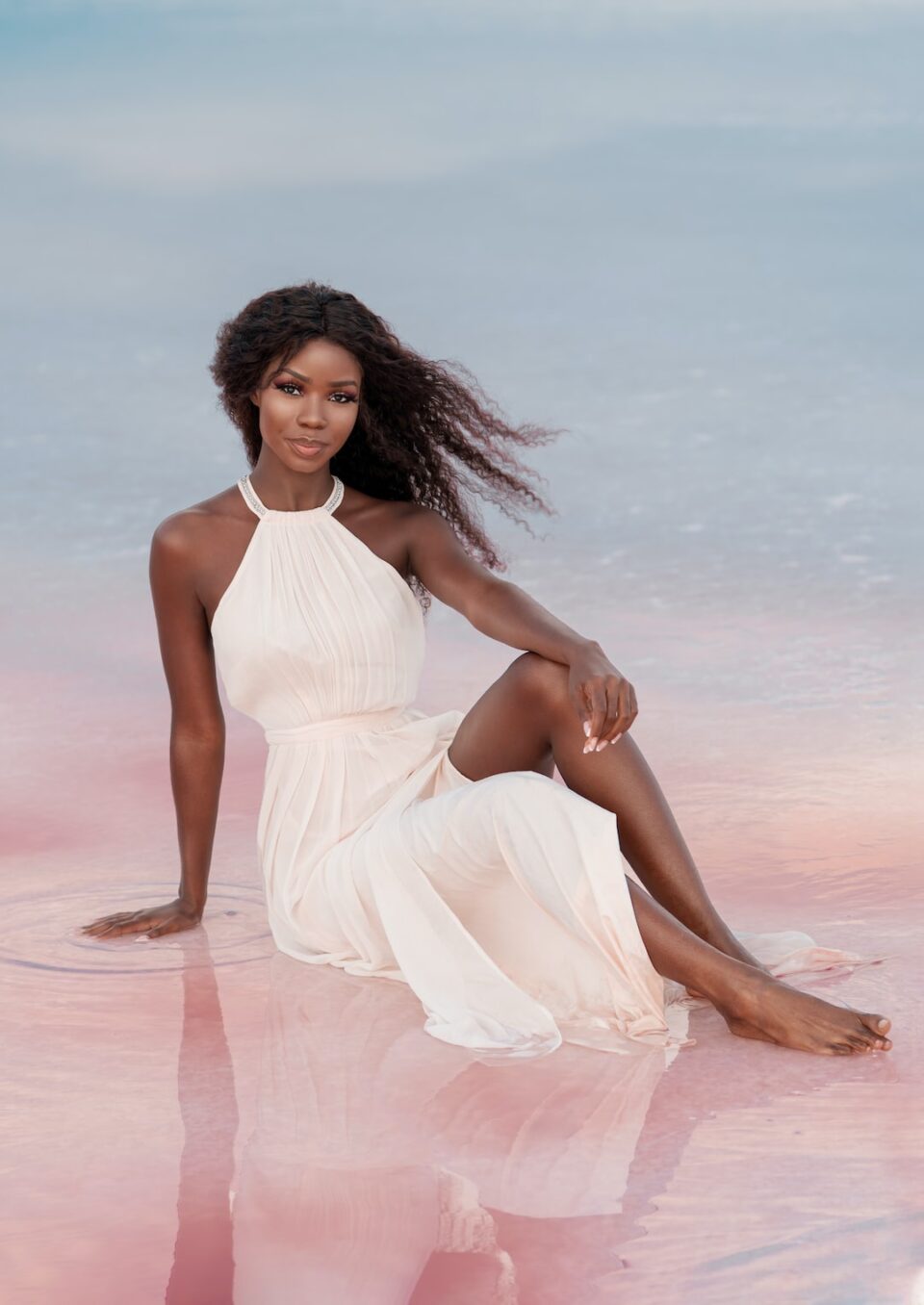Eco-Friendly Fashion: Discovering Sustainable Fabrics
In recent years, there has been a growing concern about the environmental impact of the fashion industry. From water pollution to waste generation, the industry is often associated with harmful practices. However, there is a growing movement towards eco-friendly fashion, where sustainable fabrics are at the forefront of this change. These materials not only contribute to a greener planet but also offer a range of benefits for consumers. Let’s dive into the world of sustainable fabrics and explore their many advantages.
One popular sustainable fabric is organic cotton. Unlike conventional cotton, which is notorious for its heavy use of pesticides and chemical fertilizers, organic cotton is grown without the use of harmful chemicals. This reduces the environmental impact of cotton cultivation and supports the health of farmers and nearby ecosystems. Investing in garments made from organic cotton allows you to enjoy breathable, soft fabrics that are free from harmful residues. Additionally, organic cotton farming practices also promote soil health and reduce water consumption, making it a win-win for the environment and its wearers.
Another sustainable fabric option gaining popularity is hemp. Hemp is a versatile plant that requires minimal water and no pesticides to grow. Its fibers are known for their strength and durability, making it an ideal choice for clothing that withstands the test of time. Hemp fabric is breathable, hypoallergenic, and gets softer with each use. By incorporating hemp into our wardrobes, we are not only reducing our carbon footprint but also supporting farmers and developing industries that prioritize sustainability.
Tencel, also known as lyocell, is a fiber made from sustainably harvested wood pulp. The production process of Tencel is significantly less harmful to the environment compared to other synthetic fibers. The raw materials used are sourced from responsibly managed forests, and the closed-loop manufacturing process ensures that almost all solvents and chemicals used are recycled or reused. Tencel fabrics are known for their silky smooth texture and excellent moisture absorption properties, making them perfect for activewear and intimate apparel.
Recycled polyester is another sustainable fabric making waves in the fashion industry. Rather than ending up in landfills or oceans, plastic bottles are repurposed into recycled polyester fabrics. This process significantly reduces energy consumption and carbon emissions compared to producing virgin polyester. Despite being made from recycled materials, it maintains the same properties as traditional polyester, offering durability and quick drying capabilities. Investing in garments made from recycled polyester not only diverts waste from landfills but also helps to combat plastic pollution.
Not only are these sustainable fabrics better for the environment, but they also have several advantages for consumers. One significant benefit is their durability. Sustainable fabrics are often stronger and more resistant to wear and tear compared to their conventional counterparts. This means that garments made from sustainable fabrics will last longer, reducing the need for frequent replacements and ultimately saving you money in the long run.
Furthermore, sustainable fabrics are often produced in a way that respects workers’ rights and promotes fair trade practices. Manufacturers who prioritize sustainability are often more inclined to ensure fair wages and safe working conditions for their employees. By choosing garments made from sustainable fabrics, you are supporting ethical fashion practices and contributing to a more equitable fashion industry.
In conclusion, eco-friendly fashion is on the rise, and sustainable fabrics are at the forefront of this change. Organic cotton, hemp, Tencel, and recycled polyester are just a few examples of sustainable fabrics that offer numerous benefits for both the environment and consumers. By opting for garments made from these fabrics, you contribute to a greener planet, support ethical manufacturing practices, and enjoy high-quality, durable clothing. The power to make a positive change lies in the choices we make as consumers, and by embracing eco-friendly fashion, we can all play a part in creating a more sustainable future.

